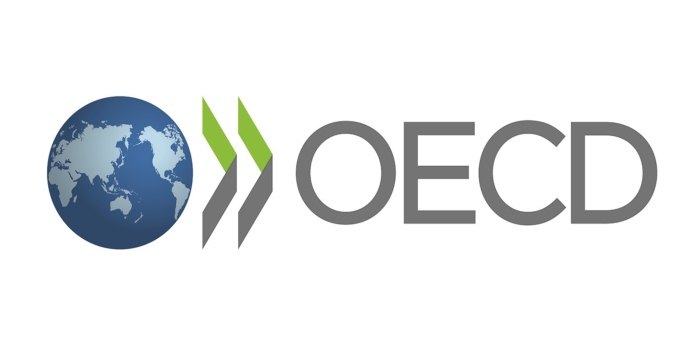It is high time Philippine businesses of all sizes and in all sectors adopt responsible business conduct (RBC) as a way to build organizational resilience as more and more governments impose measures enforcing good business practices, according to a management expert.
Dynah Avigail Basuil of the Asian Institute of Management (AIM) in a webinar said RBC is particularly crucial for exporters to the European Union (EU) with the recent publication of the revised “OECD Guidelines for Multinational Enterprises on Responsible Business Conduct.”
The updated Guidelines, published in June 2023, are recommendations addressed by governments to multinational enterprises. They aim to encourage enterprises to make positive contributions to economic, environmental and social progress, and to minimize adverse impacts that may be associated with an enterprise’s operations, products and services.
The Guidelines cover all key areas of business responsibility, including human rights, labor rights, environment, bribery, consumer interests, disclosure, science and technology, competition, and taxation, said Sarah Reso of the Organisation for Economic Co-operation and Development (OECD) in the same forum conducted recently by the Department of Trade and Industry’s Export Marketing Bureau.
The 2023 edition of the Guidelines provides updated recommendations for responsible business conduct across key areas, such as climate change, biodiversity, technology, business integrity, and supply chain.
Basuil, who is the executive director of the AIM’s Ramon V. Del Rosario Sr. Center for Corporate Responsibility, said RBC goes beyond just complying with the law but should be “part of core business and risk management, including in the supply chain and business relationships.”
She added that the Guidelines recommend that enterprises conduct due diligence in order to identify, prevent or mitigate actual and potential adverse impacts and account for how these impacts are addressed. This involves a six-step cyclical process:
Embed responsible business conduct into policies and management systems
Identify and assess adverse impacts in operations, supply chains and business relationships
Cease, prevent or mitigate adverse impacts
Track implementation and results
Communicate how impacts are addressed
Provide for or cooperate in remediation when appropriate
Basuil underscored that RBC is a must for exporters to the EU because all companies in the region are already being directed to undertake due diligence across all of their supply chains.
“So if you are an exporter and you’re exporting to a company that’s based in the EU, you are part of that due diligence, and your clients that are based in the EU have to ensure that you as a supplier to them are incorporating responsible business practices,” she said.
EU-based companies that have suppliers that don’t meet those standards are going to be penalized, she continued.
The executive said the EU Generalised System of Preferences+ (GSP+) program, of which the Philippines is a beneficiary until 2027, is one of the EU policies that support sustainable development and good governance by slashing tariffs to zero.
“This is a good opportunity for exporters to not just improve in terms of their competitiveness but also be able to sell their services at a much more competitive pricing because relative to the domestically produced ones, our products don’t get taxed. There’s no tariff when it comes to exporting to the EU as a result of this GSP+ revolving around the Philippines’ commitment to the RBC,” said Basuil.
She also urged exporters to see the benefits of the OECD Guidelines, noting how they compel the Philippine export industry to improve organizational practices and build resilience to be able to enter these markets while also contributing to Philippine economic development.
Source: PHILEXPORT News and Features
December 13, 2023













